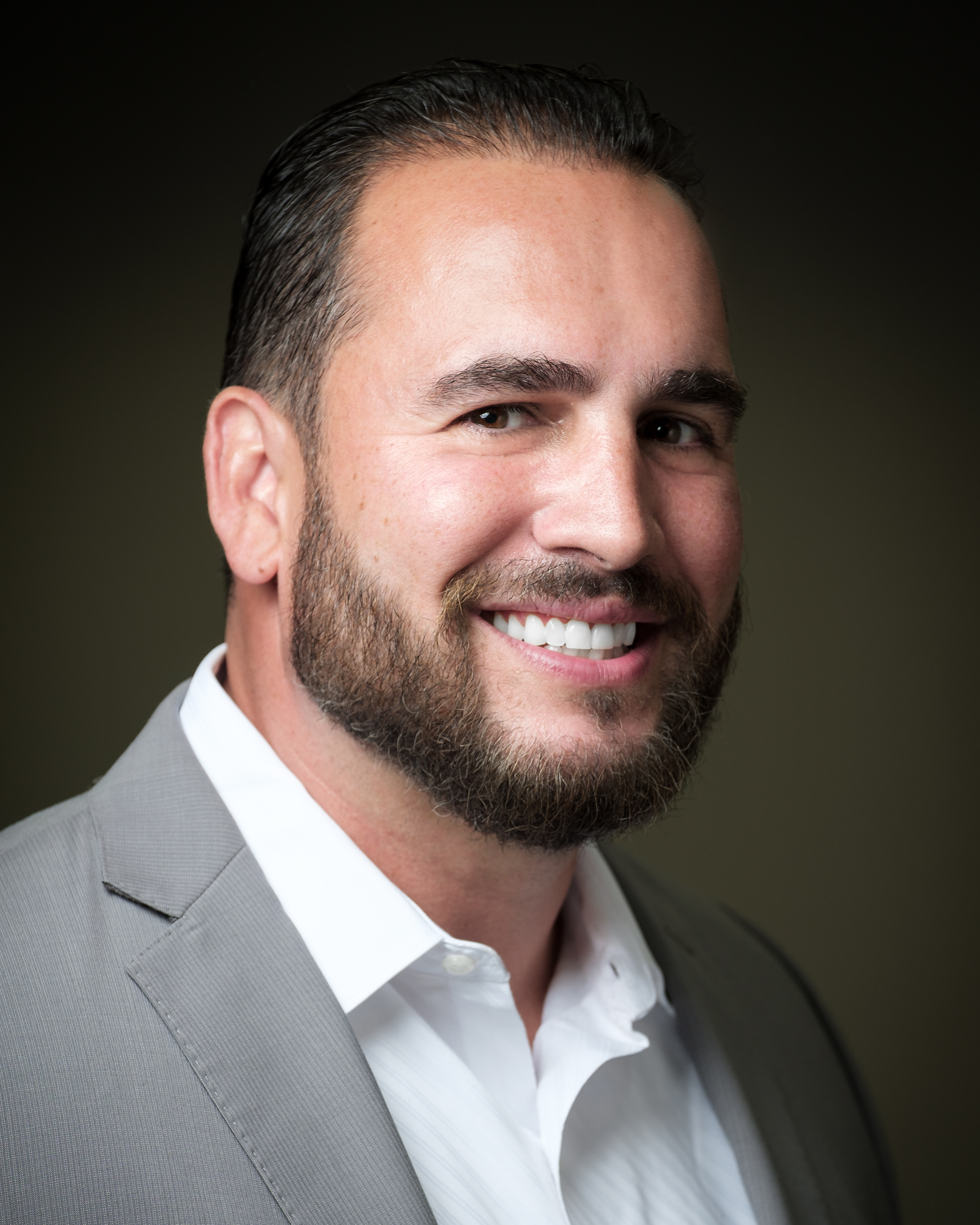Every employer has an individual mindset and every interview is unique in its own essence. Hence, in a given situation, there cannot be any hard and fast rule system that can be marked as specific do’s and don’ts for an interview. However, people like William Almonte, who exert exclusive expertise in this field, have offered valuable tips and suggestions on what to say and what not to say in an interview. These tips are designed to serve as useful aids for achieving success at any interview.
What are the things you should always say or ask in the course of an interview?
It is of primary importance to make the impression on the interviewer or the board of interviewers that you are possessing adequate knowledge about the company, its various policies and its reputation in the respective fields. This shall effortlessly mark you as a keen interviewee, showing your interest in knowing and exploring the works of the company further.
In the concerned field, you need to make the interviewer convinced about your competence and compatibility. Also, that you are well enough to collaborate with a team and successfully carry out a team work is to be established in your words during the interview. With regard to this, one or two worthwhile instances of your previous work experience may be cited as credentials of your proficiency.
You are always a keen learner and are never over-confident; such should be conveyed in the tone of your voice. Also, you need to be receptive and speak words that show patience and interest in what the person on the other side of the table is saying. Thus, while making yourself interesting to the interviewer, it is also important that you show equal interest in what the other person has to say.
What to say and what not to during an interview?
According to William Almonte Mahwah, there certain things one should never say during an ongoing interview. Such things include violation of basic decorum and over show of confidence. During an interview, one should never ask a direct question on salary related matters. Not for once, should an interviewee make disparaging comments on his or her previous organization. Very often during or in the end of an interview, the candidate is asked whether or not he or she has any question for the interviewer. If, in the end of an interview, you are asked to place your own question, it is never a good idea to say that you have nothing to ask. This inadvertently proves insincerity on your part.
During the interview session you may have failed to answer some of the questions and sometimes you may have failed to answer properly on the situation based question. Asking the interviewer regarding those things proves that you are very eager to learn and the interviewers also appreciate these activities of yours. Moreover they are quite experienced and have better knowledge on those fields.
